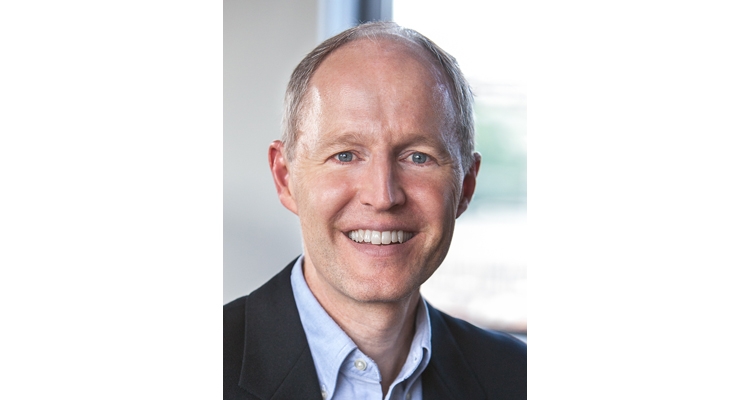We have been witnessing a growing “charity gap” in Canada for many years. Charities are struggling to raise money, while demand for their services has been rising. So, why are we allowing foundations to accumulate and hold taxpayer-supported dollars, in perpetuity in their bank accounts? This defies the role of foundations to help provide social services; it contravenes the purpose of the Distribution Quota for foundations; it is against the wishes of Canadians; it is unfair to taxpayers; and it is cruel for struggling Canadians.
Over the past ten years, foundations as a group have more than doubled their assets to well over $80 Billion, growing at 12% a year. At the same time, foundations have reduced their granting as a percent of their assets just as their wealth has doubled. They have done this voluntarily, based on their own independent choice.
This is simply bad policy. Hoarding money prolongs the suffering of millions of Canadians in need. It allows the ongoing deterioration of our environment. It allows the ongoing homelessness problems, battered women, abandoned pets, cancer deaths, and so on. Holding back money to fund charitable services 100 years from now means we allow a greater deterioration of the problems today. We cannot replace lost lives, lost animal species, and undo battered women simply by reserving funding for 100 years from now. We are better served to solve our problems with more money in the next 5 to 20 years. Furthermore, allowing problems to compound also results in higher future financial costs as well as personal and social costs. Delayed good is simply less good.
Since foundations cost money from the public purse (by way of the charity tax credits given to donors putting money into foundations), taxpayers have the right to demand fair and accountable use of our taxes, in our lifetime. We have the right to demand good public policy in the interest of Canada.
Foundations justify this holding back of funds by saying that they need big endowments to afford charitable support in the future. And this is the disconnect; unsupported by rationale thinking. Not only is delayed good less good, but a higher required Distribution Quota (DQ) does not put foundations out of business. If foundations were required to grant 8-10% of their assets annually, this means their capital, today, would last 25+ years (based on the average performance of financial markets over the past 20 years at 6-7%).This is long enough to allow strategic thinking and long-term granting while fully applying taxpayer money in their lifetime. Furthermore, there is nothing stopping foundations from fund-raising or for philanthropists to add more money to top up their coffers. Naturally, there will also be new future philanthropists in the generations to come. The rapid growth of new foundations and new Donor Advised Funds shows this to be the case. We do not need current foundations to hoard money for the future of philanthropy. We need them to return to granting at the % levels of ten years ago to help struggling Canadians, today. This is the very purpose of the charitable sector. Foundations are not created to hoard money or to out-perform the financial markets.
Imagine if the Canada Revenue Agency collected our income taxes, used 5%, and locked up the remaining 95%, in perpetuity for future Canadians not yet born. This is clearly not fair to current taxpayers, but this is precisely what is happening with the expanding wealth of foundations, using CRA charity tax credits from the public purse.
Canadian taxpayers also want better as determined by an Ipsos poll in 2020. The research showed that Canadians are unaware of our growing charity gap and the fact that foundations are hoarding wealth. Once informed, 87% of Canadians want foundations to be required to grant more to address the growing charity gap.
The good news is that this is both good policy and good politics. A higher DQ is an easy win. Raising it has zero impact on the public purse because the money is already sitting in foundation investment accounts. And it would inject $ billions more in support of charities, with a significant multiplier effect as the spending ripples through the economy. With the majority of voters in favour of a higher DQ, the electorate will be pleased. This is an easy political gain and will help millions of Canadians in need.
If you would like to add your voice, please visit www.IncreaseTheGrants.ca to learn how you can help increase awareness of this issue, and call on our elected officials to consider a change.
John Hallward is a Canadian entrepreneur, professional market researcher, and volunteer on many charity and foundation boards. He wishes to see his tax dollars optimally used in support of charities.


